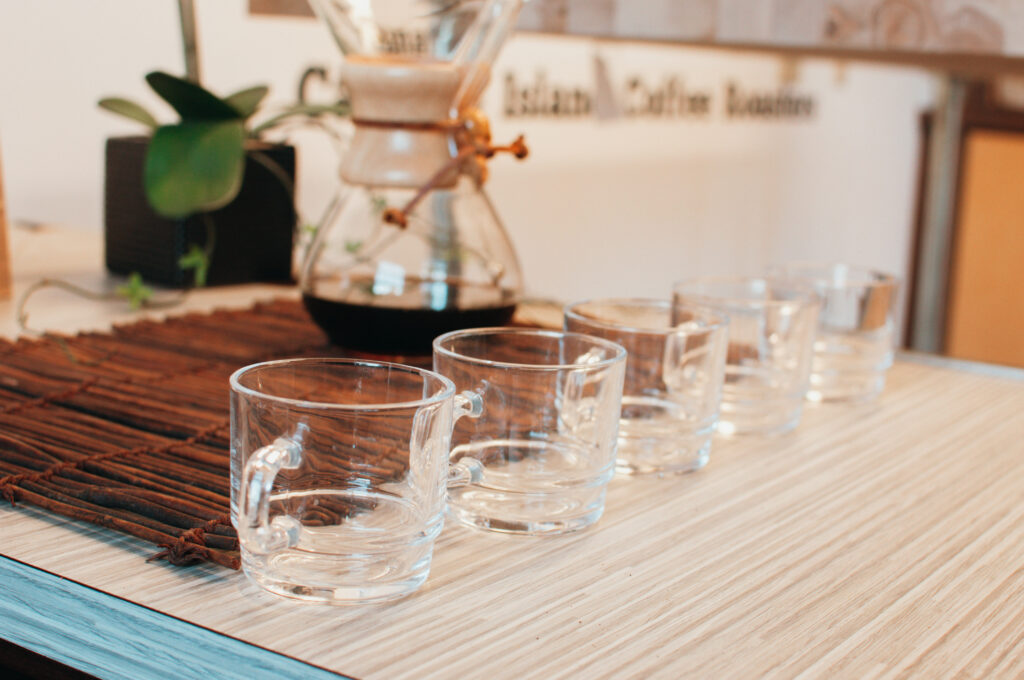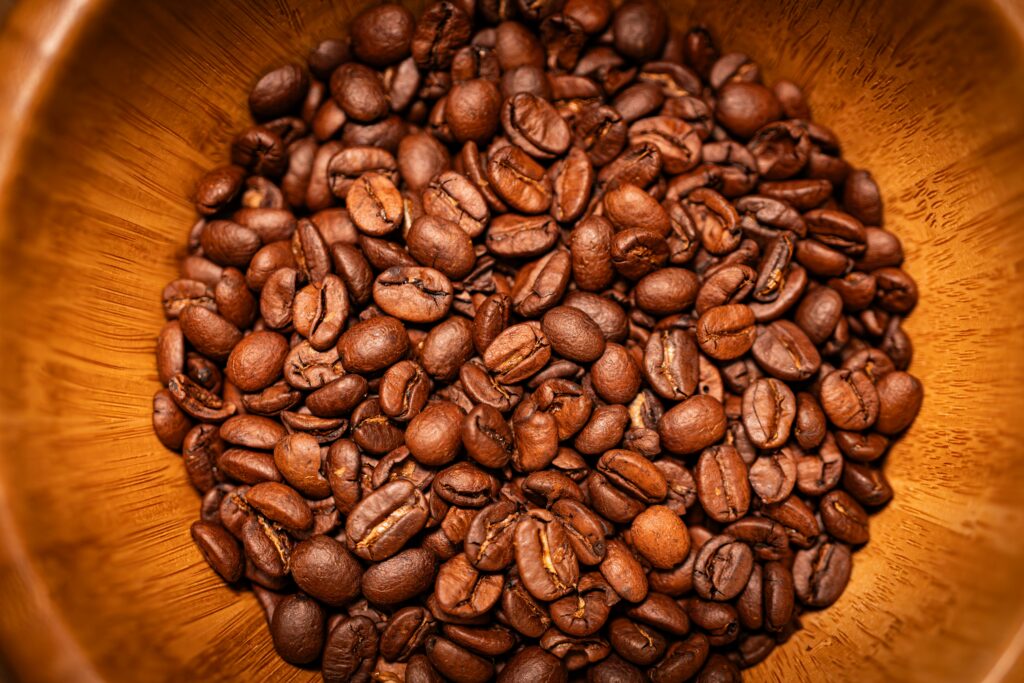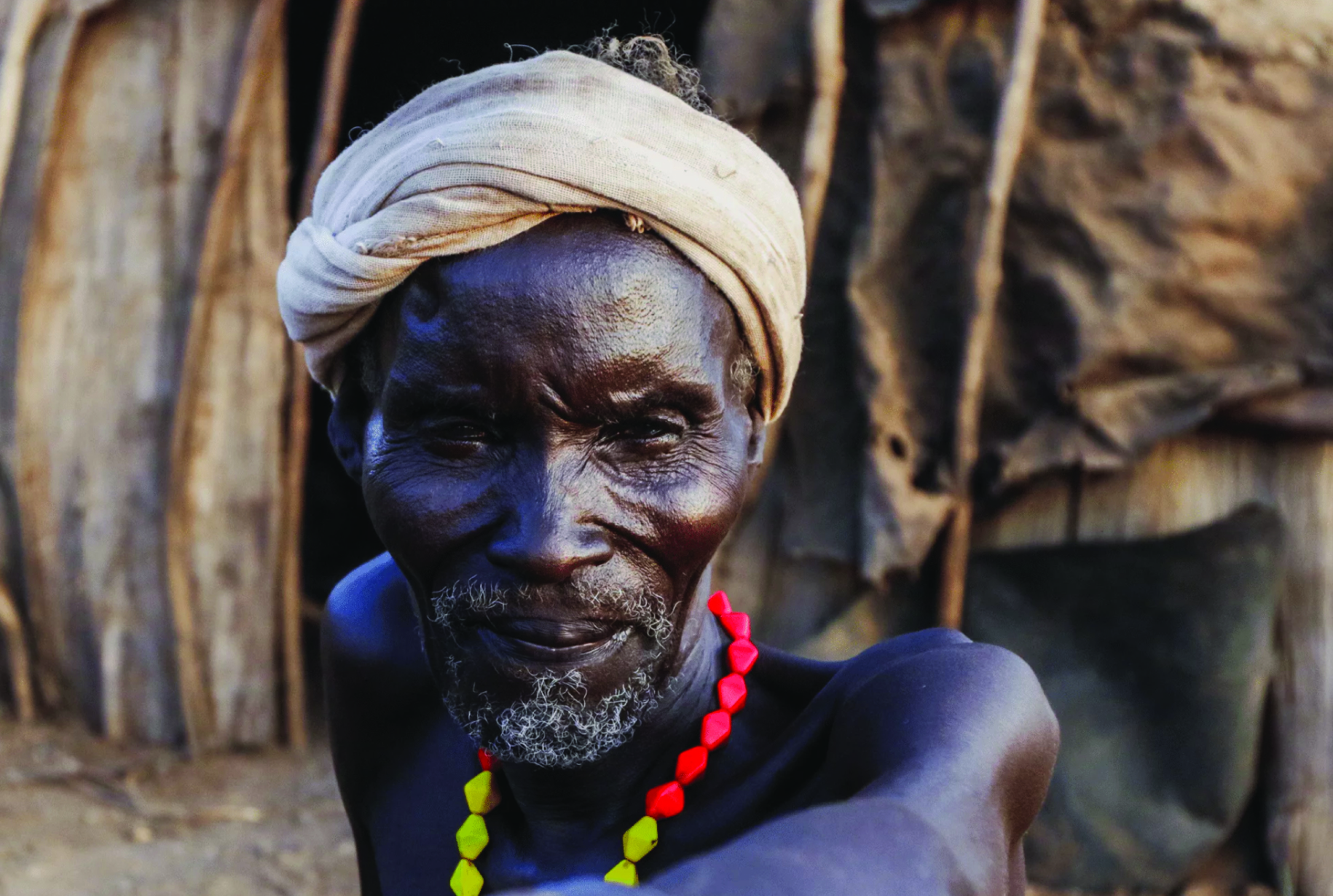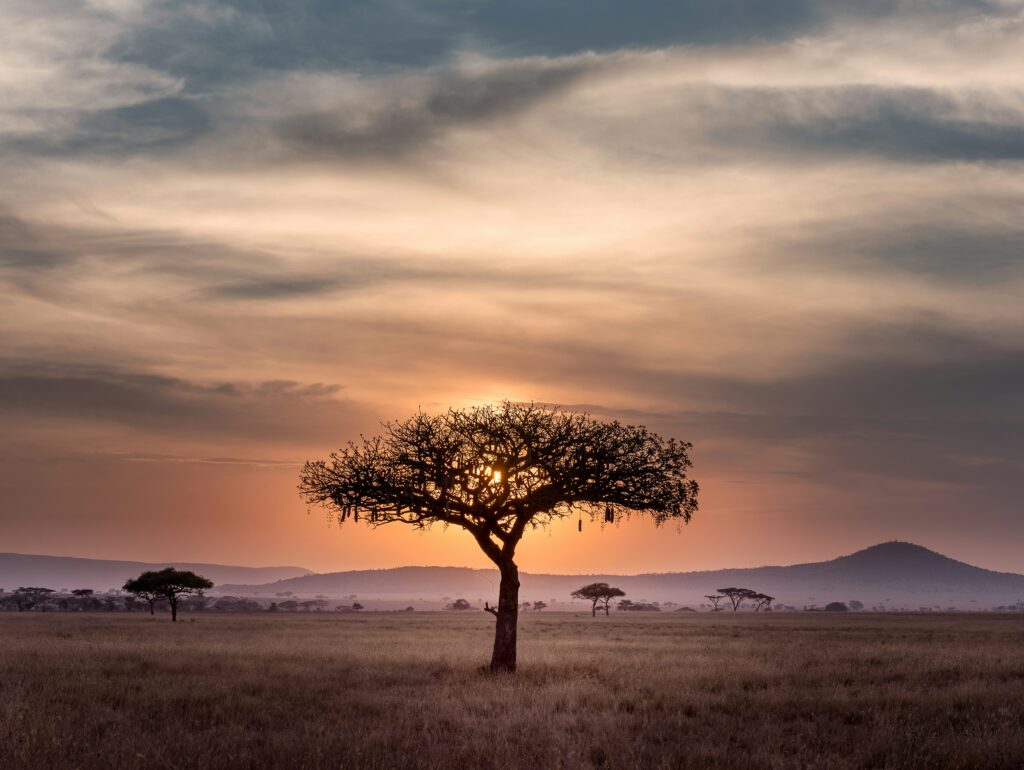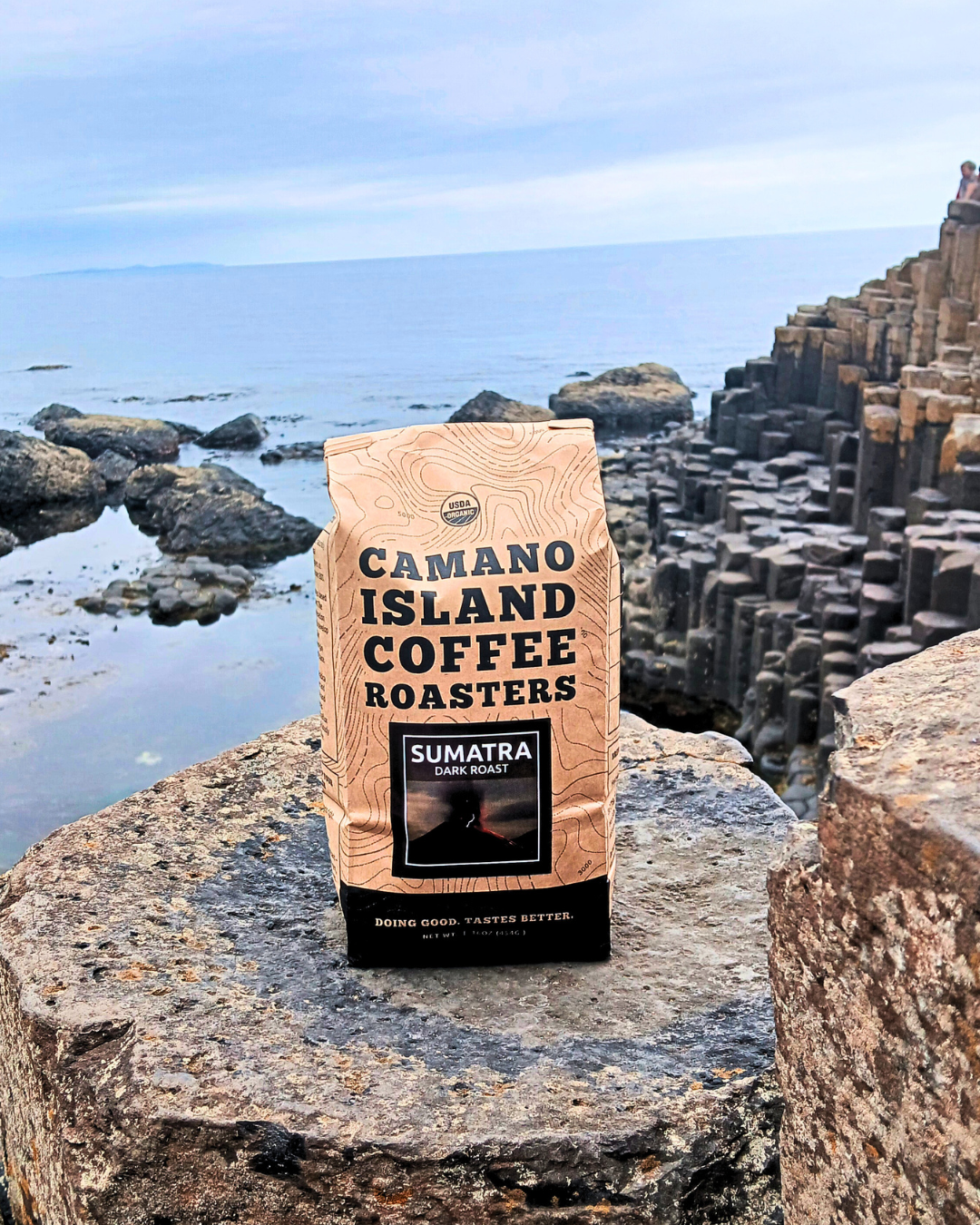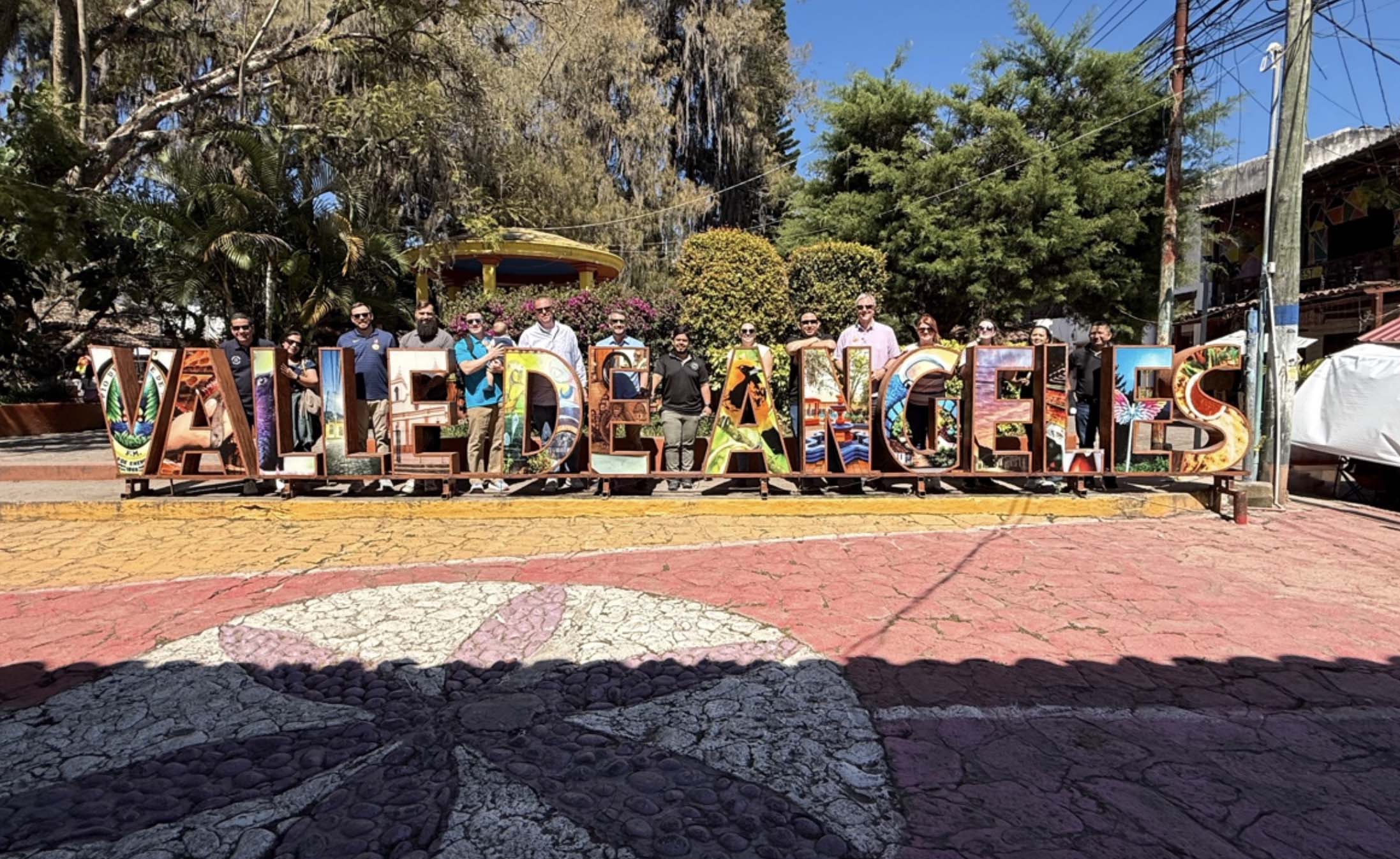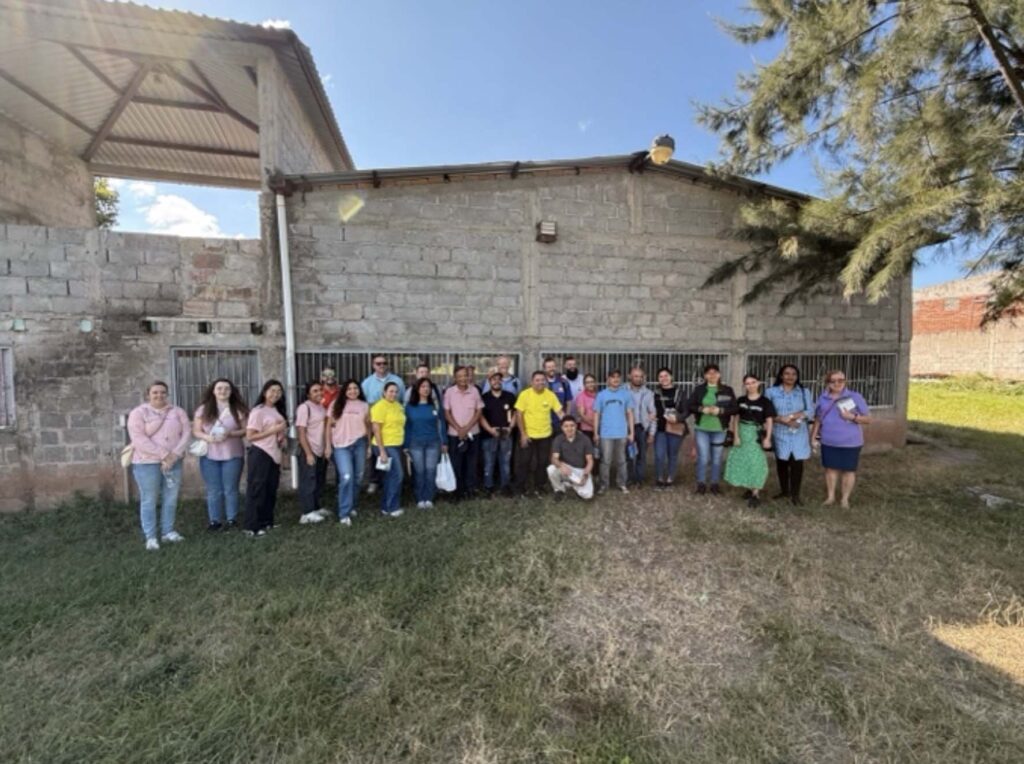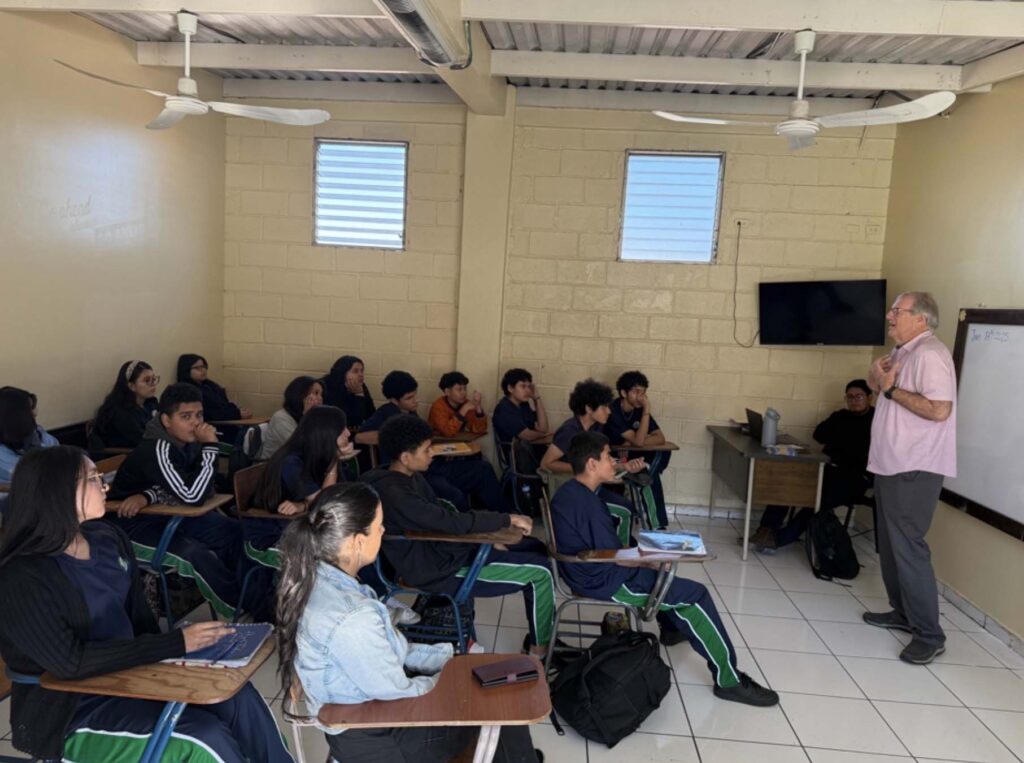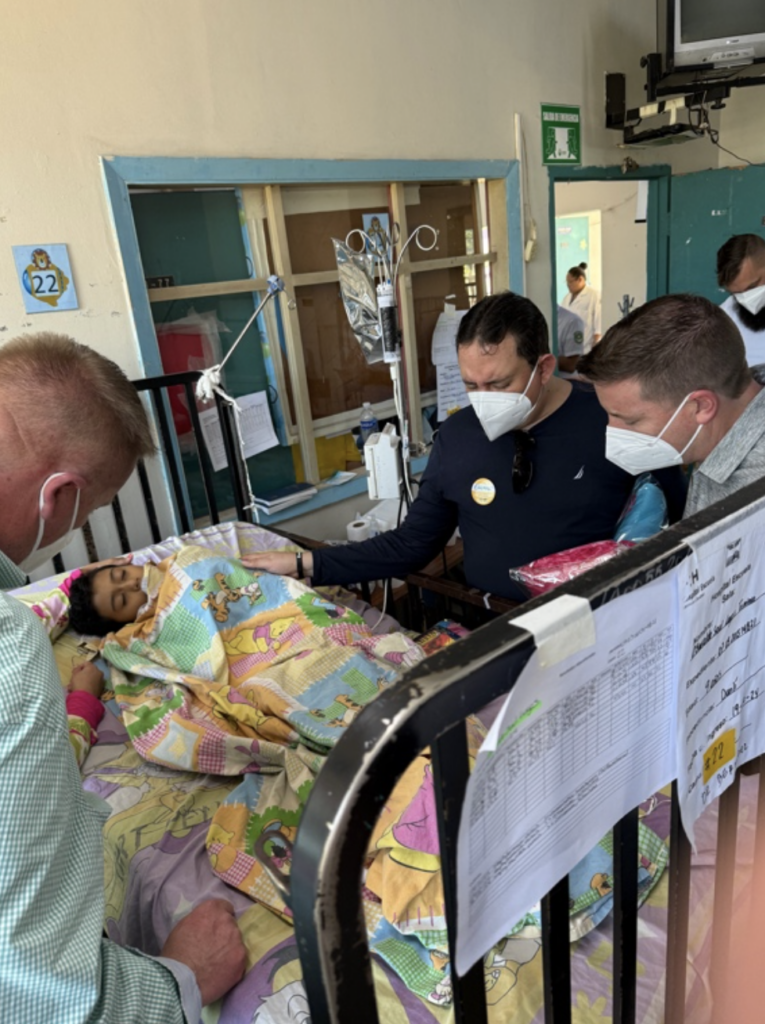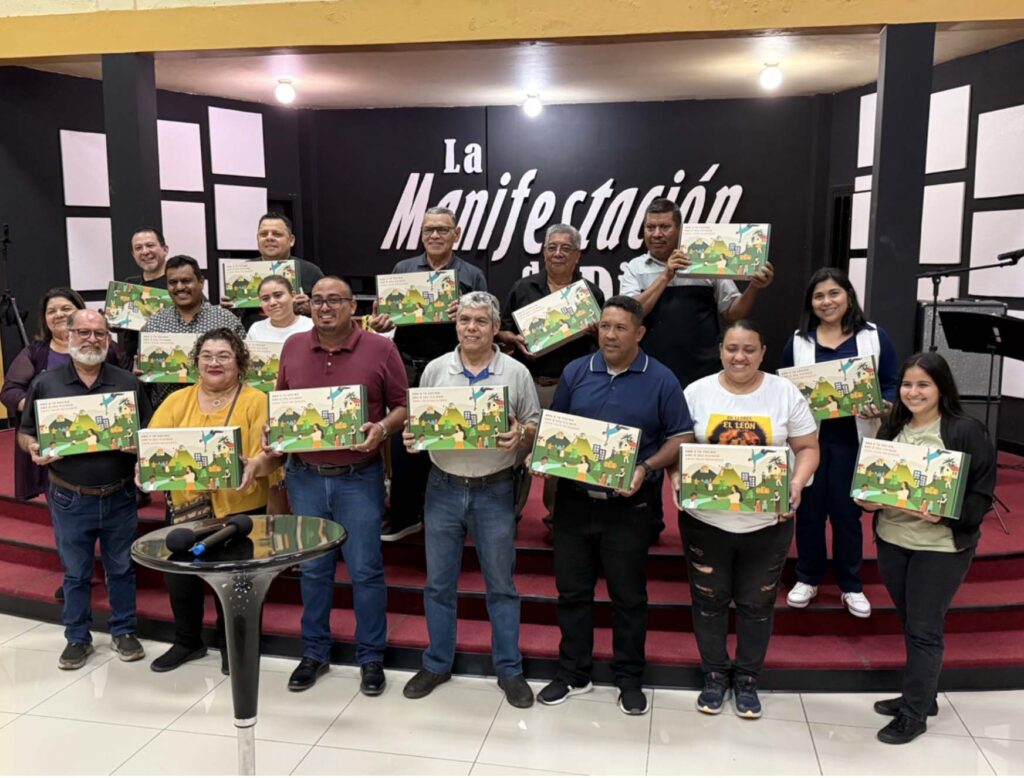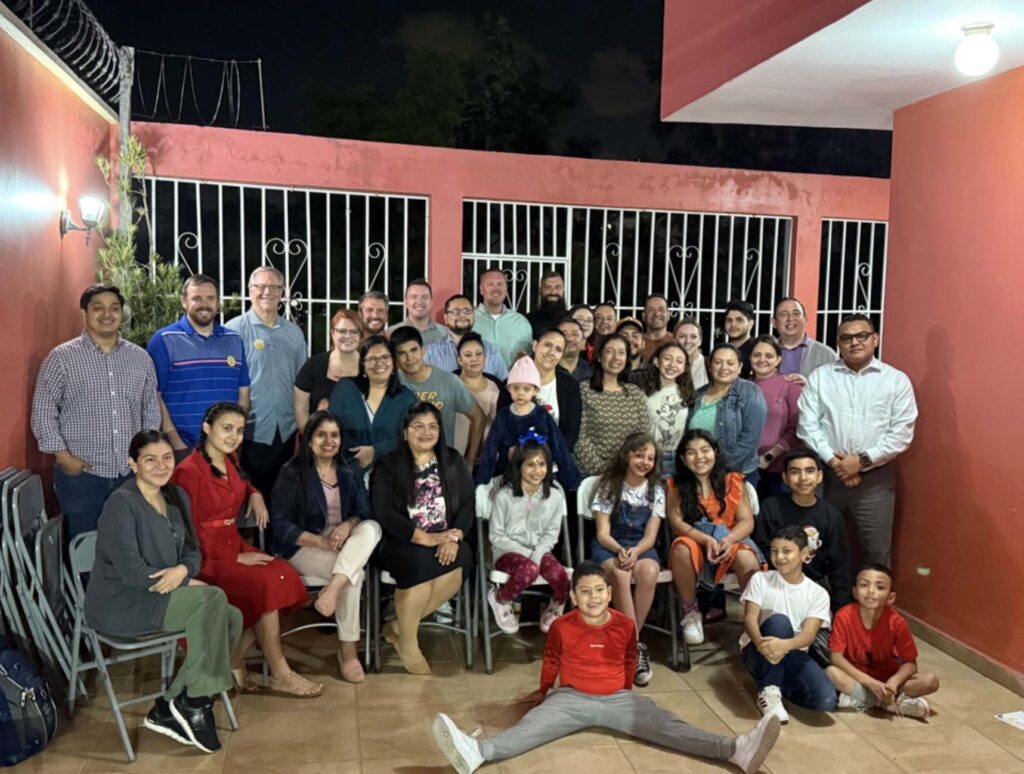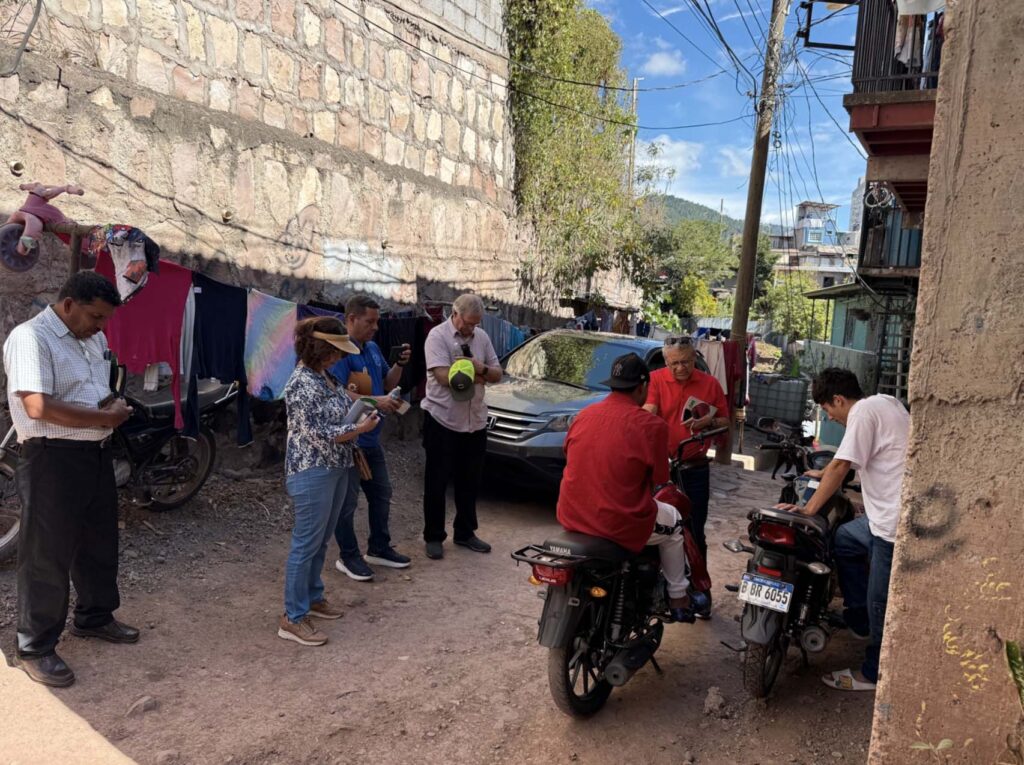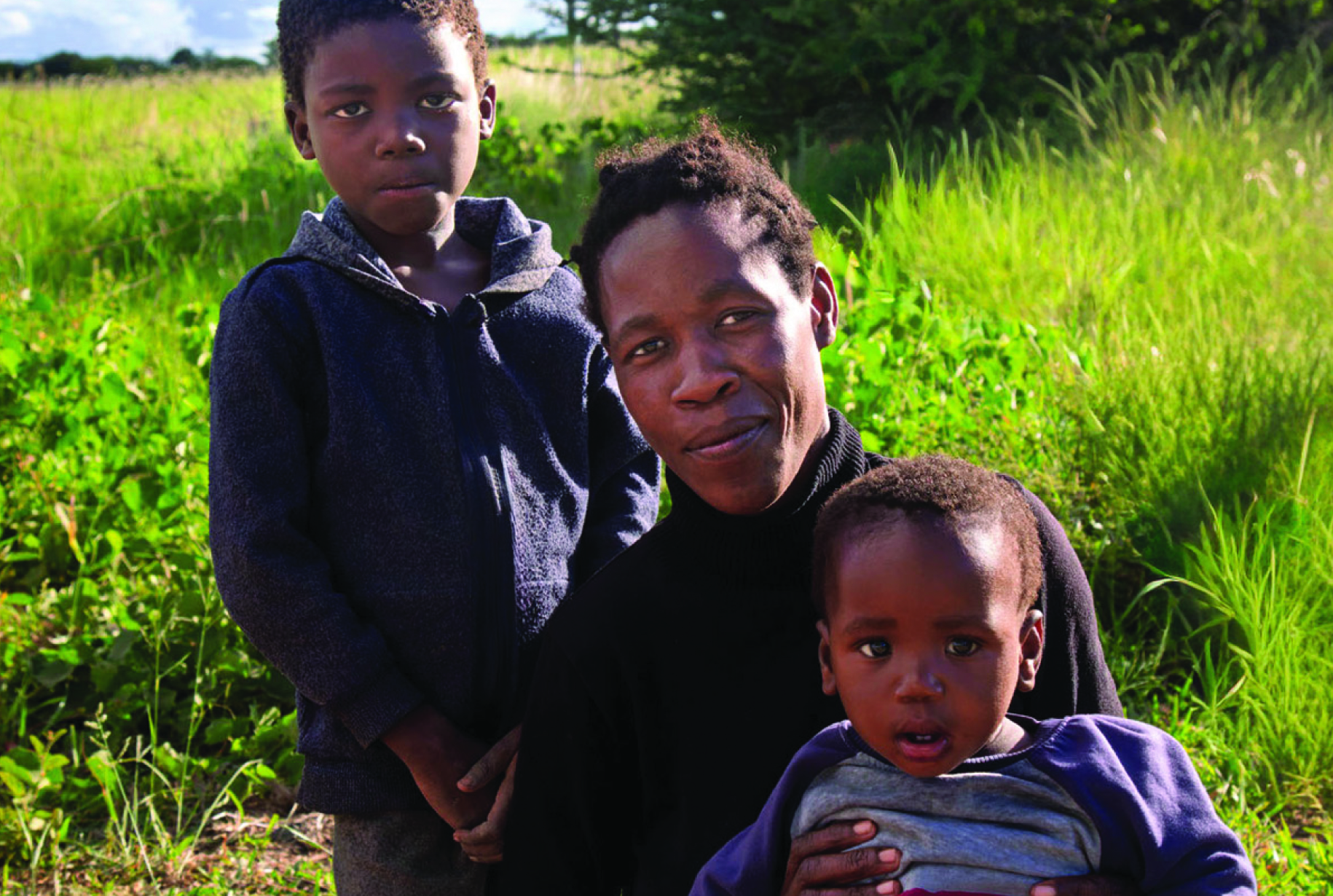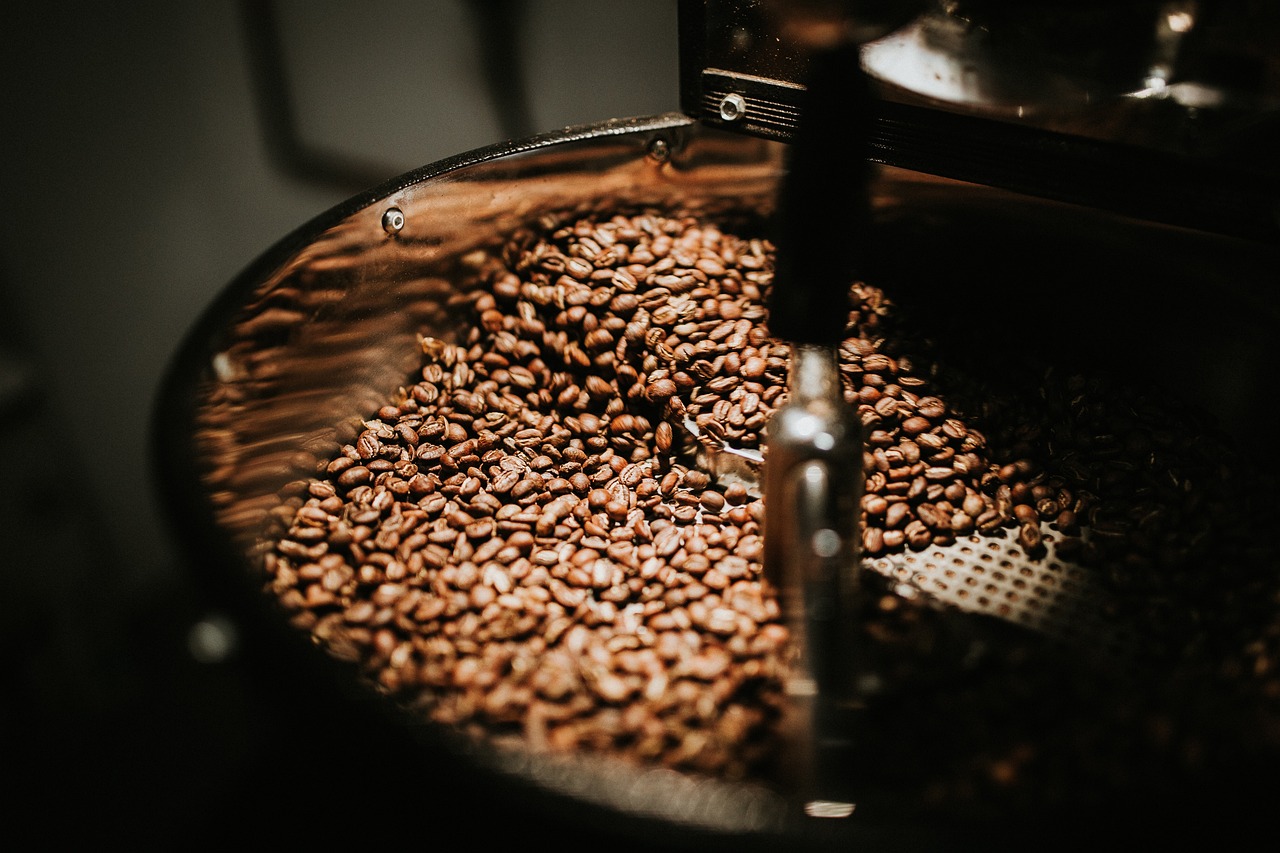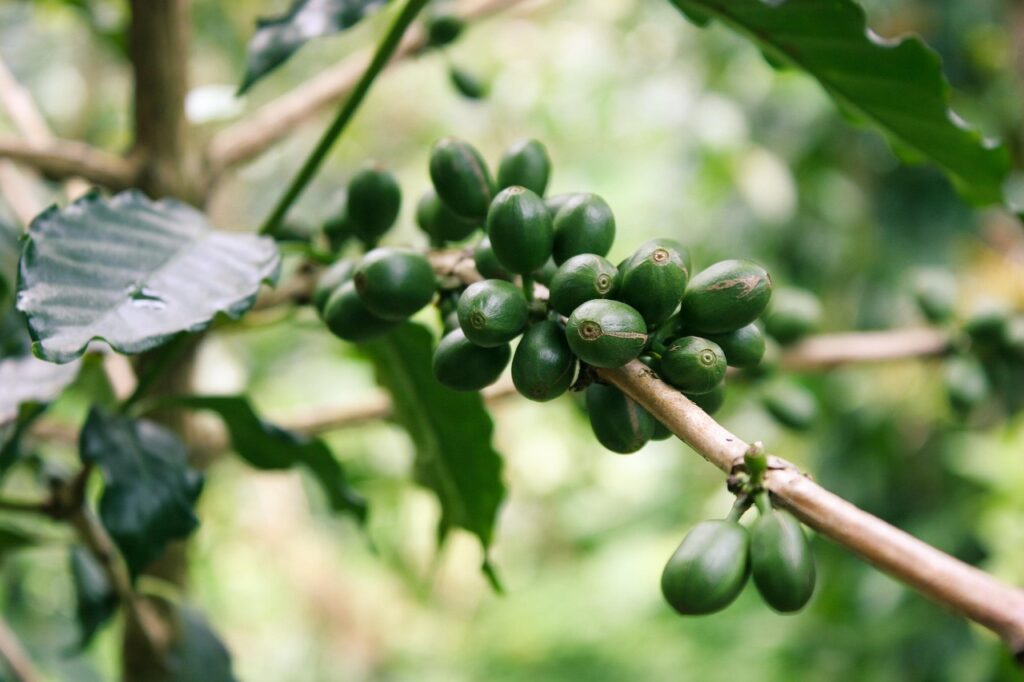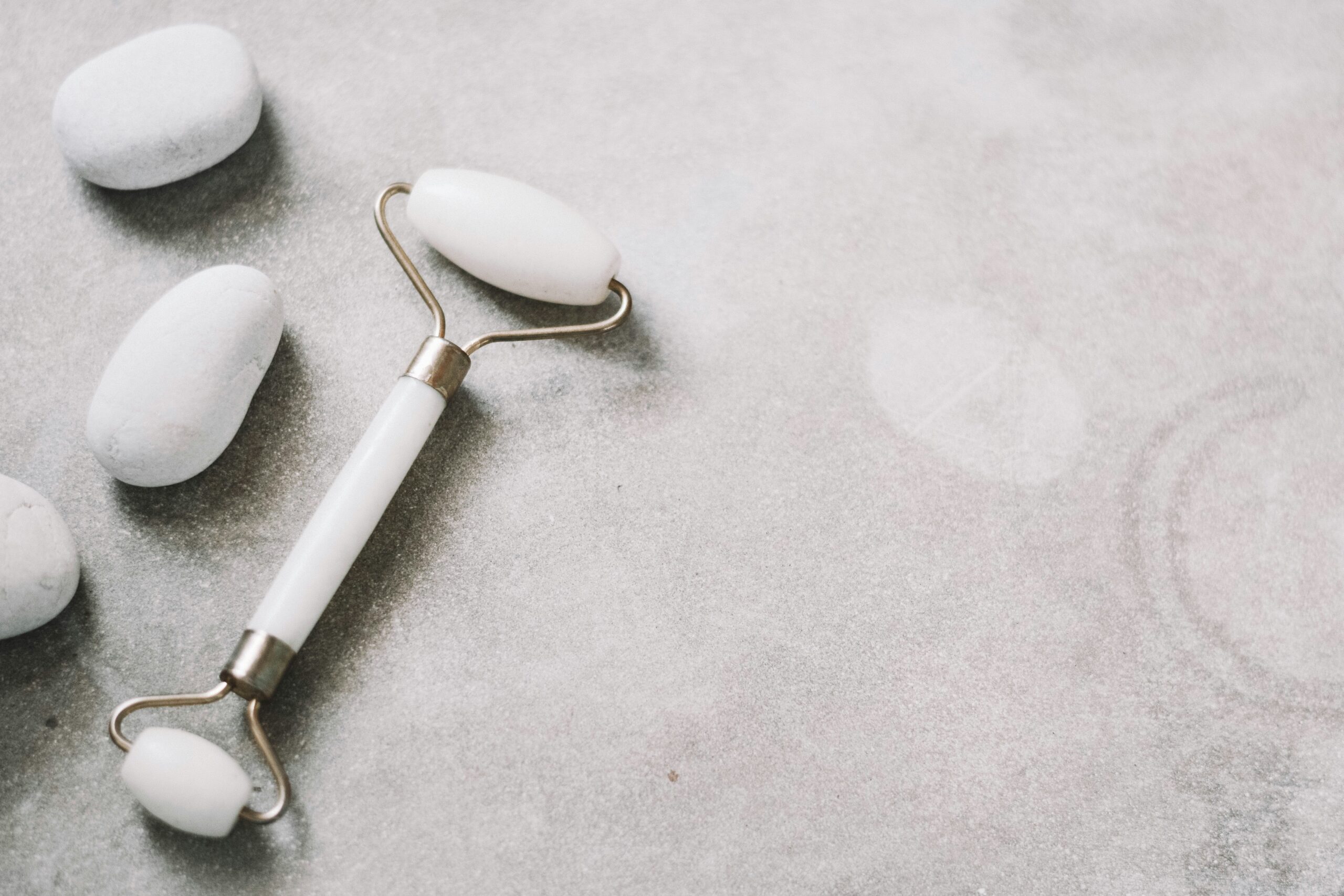
Awaken Your Skin: How Coffee Can Transform Your Skincare Routine
Coffee isn’t just a morning pick-me-up – it’s also a powerhouse for your skin. Packed with antioxidants, caffeine, and essential nutrients, coffee can do wonders for your complexion, whether you drink it or apply it topically.
1. Say Goodbye to Puffiness and Dark Circles – Caffeine is a natural vasoconstrictor, meaning it helps shrink blood vessels. When applied topically, it can reduce swelling and puffiness, especially around the eyes. Coffee-infused eye creams or masks can help brighten tired eyes, giving you a refreshed, awake look. Drinking coffee may also help indirectly by reducing systemic inflammation, supporting overall skin health.
2. Exfoliation for Smooth, Glowing Skin – Coffee grounds are a gentle, natural exfoliant. When used in scrubs, they help remove dead skin cells, unclog pores, and stimulate circulation. This leaves your skin looking smoother, softer, and more radiant. A simple DIY coffee scrub mixed with coconut oil can make your skin glow naturally.
3. Fight Free Radicals and Slow Aging – The antioxidants in coffee, like polyphenols, fight free radicals—the culprits behind premature aging. Topical use provides a concentrated boost for your skin, while drinking coffee adds antioxidants systemically, helping protect your skin from the inside out.
4. Reduce Cellulite and Improve Skin Firmness – Caffeine may temporarily tighten the skin and improve blood flow, making it a popular ingredient in anti-cellulite creams. While drinking coffee doesn’t have the same localized effect, it supports overall circulation and health.
5. Brighten Your Complexion Naturally – Coffee stimulates circulation when applied to the skin, promoting a healthy glow. Drinking coffee may also contribute indirectly by providing antioxidants and reducing inflammation, helping your skin look vibrant from the inside out.
6. Does the Roast Matter? – Yes! The roast can affect the antioxidant and caffeine content of your coffee:
- Light roast: Slightly more antioxidants and caffeine → potentially better for overall skin health when drinking.
- Dark roast: Still effective topically and delicious to drink, with slightly fewer antioxidants.
Topically, the difference between light and dark roast is minimal—texture and freshness are more important for scrubs and masks.
DIY Coffee Skincare Tips
- Coffee Scrub: Mix 2 tablespoons of finely ground coffee with 1 tablespoon coconut oil. Gently massage onto damp skin in circular motions, then rinse.
- Eye Mask: Combine 1 teaspoon coffee grounds with a small amount of aloe vera gel and apply under the eyes for 10 minutes.
- Face Mask: Mix coffee with honey for a hydrating, antioxidant-rich mask.
Coffee isn’t just delicious – it’s a natural way to nourish, protect, and revitalize your skin, both inside and out. So next time you brew your morning cup, remember: a little coffee can go a long way in your skincare routine.
⚠️ Disclaimer – This article is for informational purposes only and not a substitute for professional skincare advice. Always patch test before trying new skincare ingredients, and consult a dermatologist if you have sensitive skin or specific concerns.



